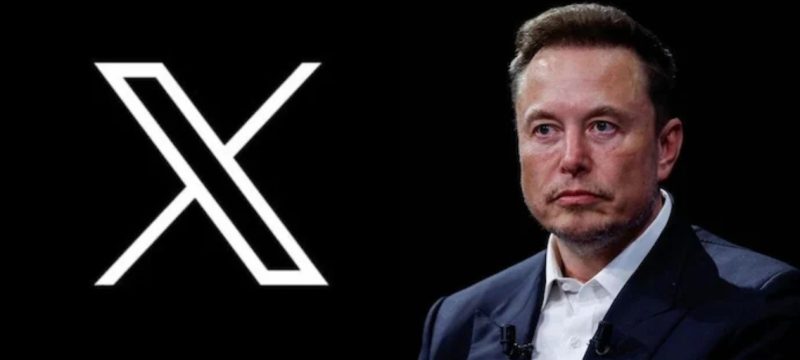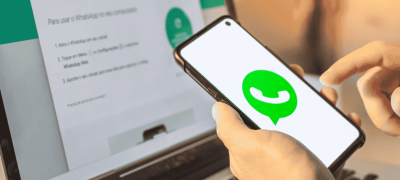Brazil’s Supreme Court has cleared the social media platform X (formerly Twitter) to resume service in the country, marking the end of a months-long standoff between the platform’s owner, Elon Musk, and Brazilian authorities.
The platform was suspended in late August after Musk refused to comply with court orders aimed at curbing misinformation and anti-democratic content. Justice Alexandre de Moraes, who spearheaded the effort to enforce Brazilian law, granted X permission to return to operation on Tuesday after the company met specific legal requirements.
These requirements included paying substantial fines, appointing a local legal representative, and blocking accounts flagged for spreading harmful content. X’s compliance represents a significant shift for Musk, who had previously denounced these actions as censorship and labeled Moraes a “dictator.”
The decision to reinstate X was celebrated by many Brazilian officials as a victory for the rule of law. Communication Minister Juscelino Filho stated that the case demonstrated that even powerful multinational companies must respect the country’s regulations. “We showed the world that our laws must be respected, regardless of who you are,” Filho remarked.
Brazil, X’s sixth-largest global market with over 21 million users, has become a focal point in the battle against online disinformation. The Supreme Court’s suspension of X was in response to Musk’s failure to appoint a local representative and settle fines, as well as the company’s refusal to comply with rulings aimed at combating the spread of far-right misinformation. These measures were deemed essential for maintaining democracy, especially after the January 2023 riots in Brasília, which experts partly blamed on incendiary content circulating on social media.
Musk had initially resisted the suspension, claiming it infringed on free speech and even pulled X’s legal representation from Brazil. He compared Moraes to the villain Voldemort in a public post. However, in recent weeks, Musk’s stance softened.
X appointed Brazilian lawyer Rachel de Oliveira Conceicao as its local representative and complied with court orders by blocking nine accounts linked to disinformation campaigns. Justice Moraes, in his ruling, ordered Brazil’s telecommunications regulator, Anatel, to restore X’s services within 24 hours. Although users were still unable to access the platform as of Tuesday evening, it was expected to be available again soon.
In response to the decision, X’s Global Affairs account stated that the platform was “proud to return to Brazil” and reiterated its commitment to free speech within the bounds of local laws. Musk’s decision to comply with Brazilian court orders is seen as a pragmatic move, especially given the public support for Moraes’ efforts in Brazil.
With municipal elections underway, the return of X comes at a crucial time, although many users had already migrated to alternative platforms like Bluesky and Threads during the suspension. Pro-democracy groups hailed the resolution as a win for Brazilian sovereignty and democracy.
“This wasn’t about censorship,” said political commentator Gerson Camarotti on GloboNews. “It was about respecting judicial decisions.” As X prepares to come back online, the episode underscores the challenges Musk faces in navigating global regulations while maintaining his vision of free speech.









